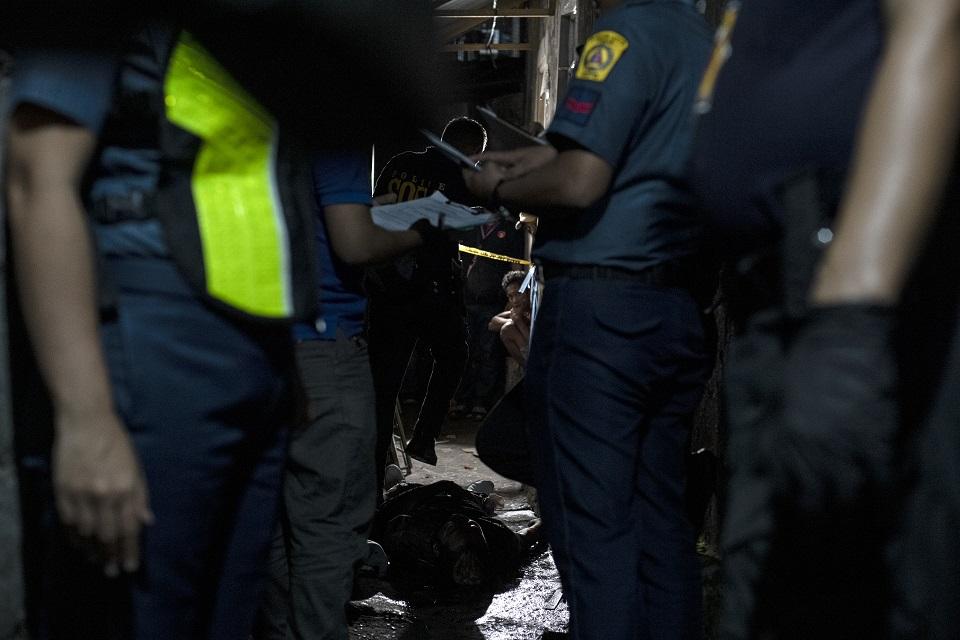Bill classifying EJKs as 'heinous crimes' filed in House

A bill classifying extrajudicial killings (EJKs) committed by government officials as a heinous crime has been filed in the House of Representatives.
If passed into law, this would mean that those who will be found guilty of committing EJKs can be punished by lifetime imprisonment at the maximum without parole.
The bill defines an extrajudicial killing as a deliberate and arbitrary killing of any person not authorized by a previous judgment pronounced by a competent court affording all the judicial guarantees which are recognized as indispensable by civilized peoples.
"This bill seeks to explicitly criminalize extrajudicial killings, ensuring that any individual, regardless of rank or position, who is found guilty of participating in, authorizing, or condoning such acts will face appropriate criminal penalties,” the bill said.
“By defining extrajudicial killing as a specific crime, the bill will strengthen the legal framework for investigating, prosecuting, and punishing those responsible for these heinous acts. The classification of EJK as a heinous crime is a necessary step to restore public confidence in the justice system,” it added.
Such killing may be committed by a public officer, person in authority, agent of a person in authority, or any person who is acting under the actual or apparent authority of the government.
House Bill 10986 or the Anti-Extrajudicial Killing Act was filed by House leaders Senior Deputy Speaker Aurelio “Dong” Gonzales Jr. of Pampanga, House Deputy Speaker David “Jayjay” Suarez of Quezon, and Quad Committee co-chairmen Representatives Robert "Ace" Barbers of Surigao del Norte, Bienvenido “Benny” Abante of Manila, Dan Fernandez of Laguna and Stephen Joseph “Caraps” Paduano of Abang Lingkod party-list, among others.
The bill was filed amid the House Quad Committee’s ongoing probe on drug war deaths during the previous administration.
Based on government records, around 6,200 drug individuals were killed during anti-drug police operations. Human rights organizations, however, say that the number may reach 30,000 due to the unreported related killings.
Former President Rodrigo Duterte and some of his Cabinet members are already being investigated by the International Criminal Court in connection with alleged commission of crimes against humanity for "systematic drug war deaths in police operations during his tenure."
Duterte, however, has insisted that the Philippines is not under ICC jurisdiction due to Manila's unilateral withdrawal from the Rome Statute in March 2019.
--VAL, GMA Integrated News




